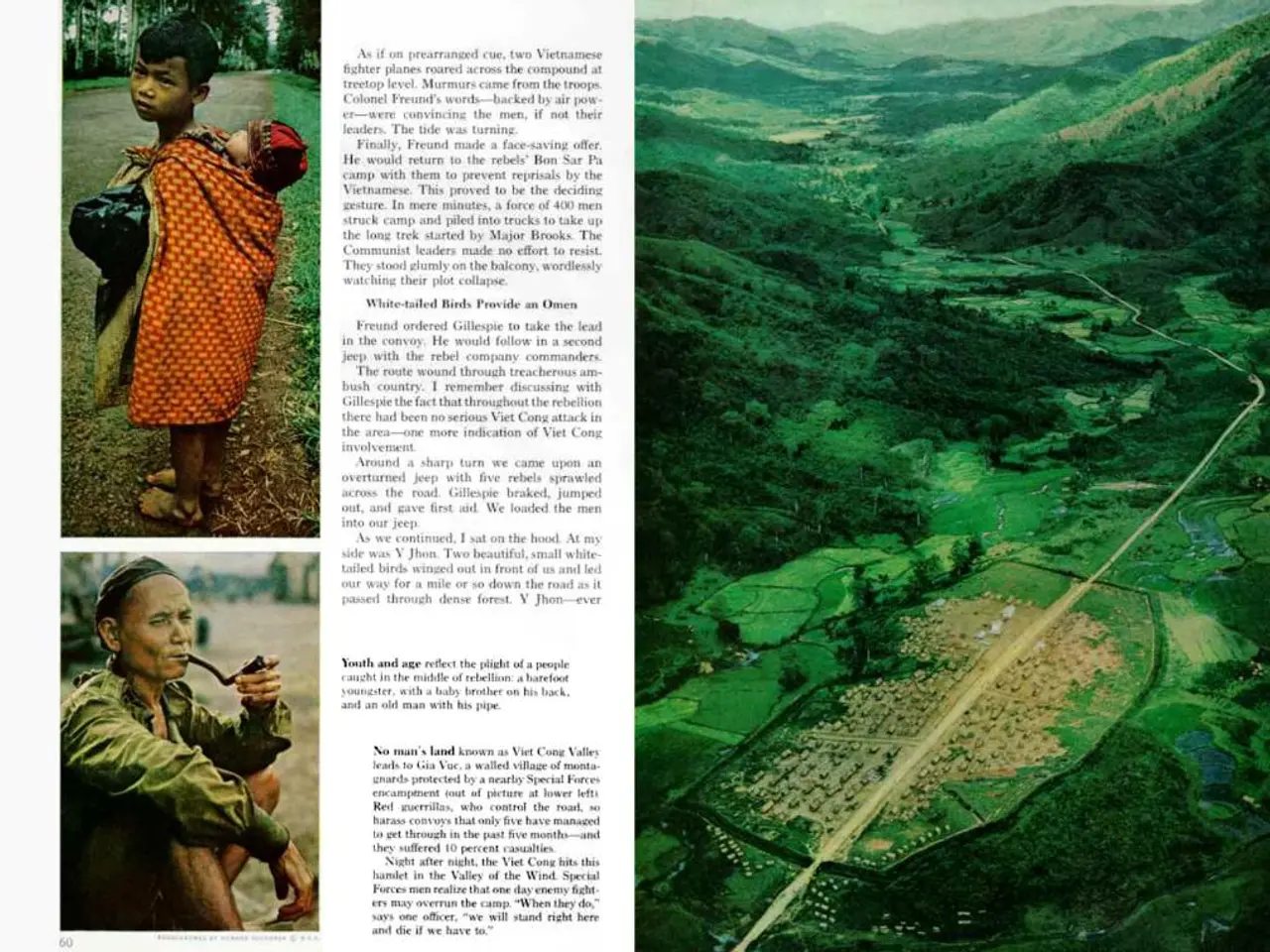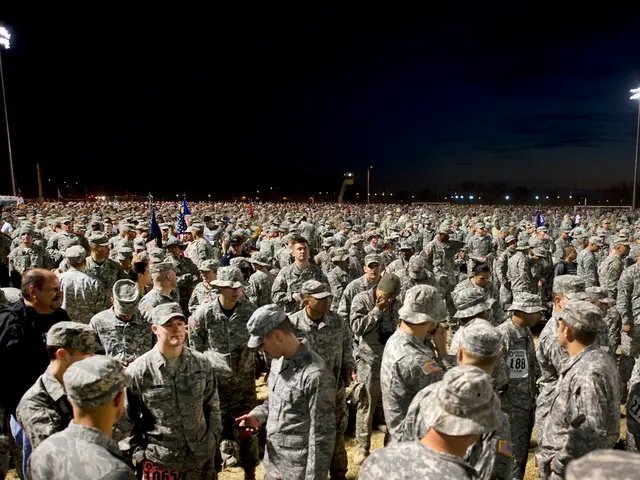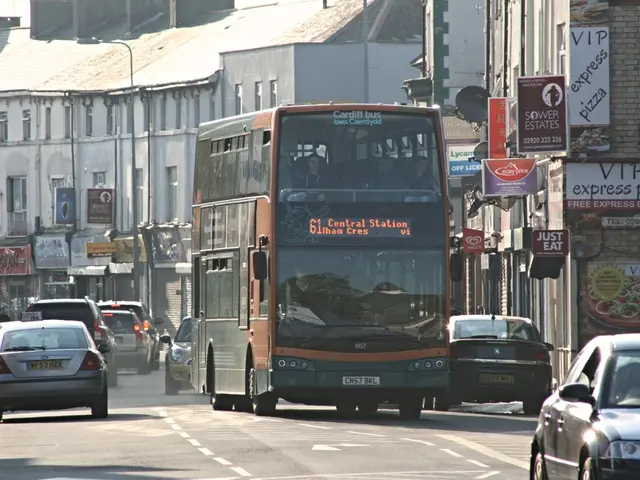Germany's Black-Red Coalition Clashes Over Facial Recognition in Security Debate
A heated debate has emerged within Germany's black-red coalition over security measures, with SPD's Sebastian Fiedler and CDU's Alexander Throm holding opposing views on the use of facial recognition technology. The dispute is tied to Chancellor Friedrich Merz's (CDU) 'urban landscape' debate.
At the heart of the disagreement lies the proposal by Throm to expand video surveillance, employing AI-powered facial recognition. He believes this technology is crucial for crime prevention and investigation, even in locations outside train stations, where responsibility for surveillance typically falls to the federal states. However, Fiedler dismisses this idea as misguided, arguing that EU law permits facial recognition only in narrowly defined high-risk scenarios, such as terrorism or serious crimes, as outlined in the European Union's AI Act, Article 5.
Fiedler proposes an alternative solution: redeploying officers currently handling internal border checks to train stations. This, he believes, would enhance security without resorting to controversial surveillance methods. The dispute has sparked a broader conversation about the balance between security and data protection, with Throm insisting that data protection should not hinder AI-assisted technology in surveillance.
The disagreement between Fiedler and Throm reflects a larger rift within the coalition over security policy implications of the 'urban landscape' debate. While Throm advocates for expanded video surveillance with AI-powered facial recognition, Fiedler counters with a proposal for enhanced physical security measures. The outcome of this debate will shape Germany's approach to urban security and data protection.
Read also:
- American teenagers taking up farming roles previously filled by immigrants, a concept revisited from 1965's labor market shift.
- Weekly affairs in the German Federal Parliament (Bundestag)
- Landslide claims seven lives, injures six individuals while they work to restore a water channel in the northern region of Pakistan
- Escalating conflict in Sudan has prompted the United Nations to announce a critical gender crisis, highlighting the disproportionate impact of the ongoing violence on women and girls.







